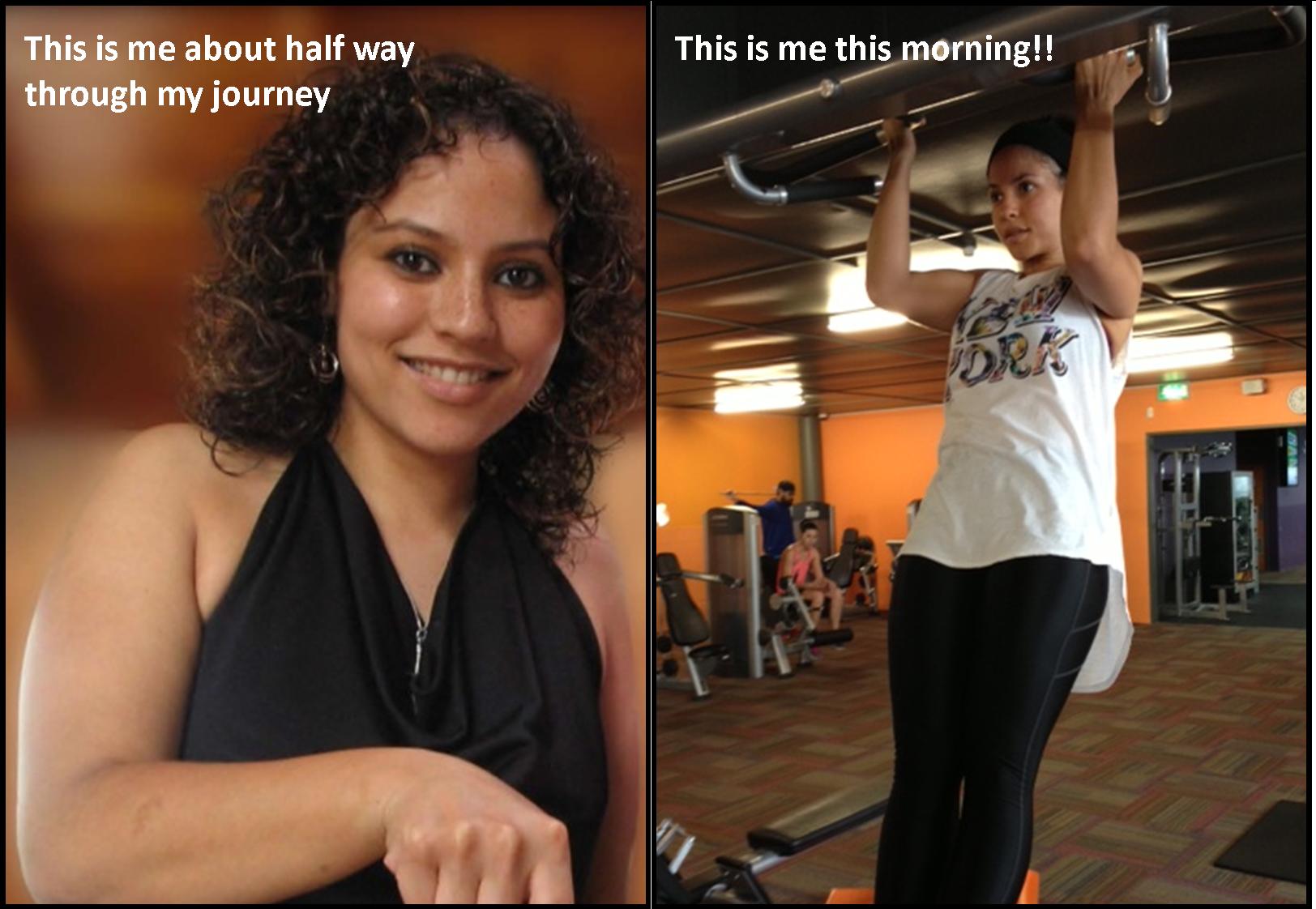
To skip or not to skip meals?
We know that it is the overall calories consumed in the day which is most relevant as apposed to the timing and frequency of meals. So what are some of the best ways to space them out over the day?
Eating small meals often spaced out every 2.5 to 3 hours may help with old trigger points that may cause you to over eat. If I left my meals spaced too far apart I found that I would want to eat my own arm or anything about the same portion size.
Eating smaller serving sizes more frequently definitely helped with controlling my willingness to over eat. This was a great strategy that I used as my working day was long and I was talking to people all day so my energy levels needed to high and consistent. I really believe that this made the early stages of losing body fat much easier for me. I lost 10kg.
So if you can relate to this trigger – as long as I’m not hungry I’m fine, then I recommend this meal timing and frequency. If you came from a big family like I did and you had to fight for you food, this may be where the mentality started from!
After quite some time, eating small meals frequently became normal for me. When I reached a plateau and started resistance exercise, I noticed that my appetite became insatiable with my meal sizes. Slowly but surely my small meals frequently, turned into bigger meals frequently, woops!
Looking at meal timing I had;
medium sized breakfast,
skipped the snack,
medium sized lunch,
had a small snack,
then exercised after work
biggest meal was at dinner time
Moving my biggest meal of the day to straight after exercise, especially after resistance or HIIT sessions is when insulin levels are the most sensitive. Also exercising allows room in the muscle so as not to overflow into the fat stores.
If you can relate to this trigger – I like dinner to be the biggest meal of my day, then I recommend this meal timing and frequency. This way skipping the morning snack, which is when I found I was the least hungry, especially after having 3 eggs for breakfast! Keeps overall daily calorie intake the same. Adding in the extra size to your meal at the end of the day straight after exercise when metabolism is high, means daily calories are still being met, and bigger meals are satisfying the appetite.
As I get leaner I find my most favourite is to skip breakfast. From dinner the night before I would fast for 16 hours with an eating window of 8 hours. I also will exercise in the morning in a fasted state, regardless of whether I am skipping breakfasts. Once I got used to it, It’s amazing how much more energy I found when my body was not focusing on digestion. My trainer can’t believe I can sustain a 30 min run after weight sessions with him sometimes. The fasting window I like to use is the lean gains approach, there are many, but I prefer this one because the windows suit my lifestyle. Besides the many health benefits of fasting, it has been a great discipline to learn. Once I realise that hungry is ok, I’m in a country of abundance, I have everything I need (crazy I know!) and I don’t panic, I’m sure my stress hormones feel much more under control.
There’s a great science to this which I go into in my one to one sessions, and also in our workshops. In a nutshell, understanding how the body prefers to use fuel, combining this with windows where the body is mostly using fat for fuel when at rest, it’s taken my training and fat loss to a new level.
Especially because in the fitness industry there is a fear of losing muscle, or the body using it as a source of fuel, which Is actually only in extreme cases of long periods of carbohydrate deprivation and exercise.
This is also great for people who cannot fit breakfast in the morning because of other morning priorities. As long as it’s planned and daily calorie intake isn’t compromised, then it’s definitely a win. Just to be clear, this is not an opportunity to wing it, nor is it recommended as a way to severely restrict calories. You can actually slow down your metabolism significantly if not following this properly.
The benefits to this meal timing and frequency are that it’s less meals to prepare; I don’t have to think about food in the morning, just training. If this is a trigger for you training hard, enjoy bigger meal sizes, and you are organised then this is what I recommend.
The key is to plan, my friend Grant Prodger said to me yesterday “if you fail to plan, you plan to fail”, and he couldn’t be more on the money.
Tell yourself, “I set goals, I make plans, and I celebrate my wins” then my goodness, you better celebrate that win!
My Final Thoughts…
1. Find what fits for you and be patient. Learn to like the process.
2. It’s not only about calories either, as you continue on your health journey increase the quality of the foods you eat. Set time frames for fat loss, don’t let it drag on for an age. The things you learn about quality food will serve you no matter your goals. Check out the genhealth store
3. And Small steps at a time, drastic changes don’t often last.
Be kind to yourself because of what you demand from yourself. And always,
Train hard.
No Comments to "To skip or not to skip meals?"